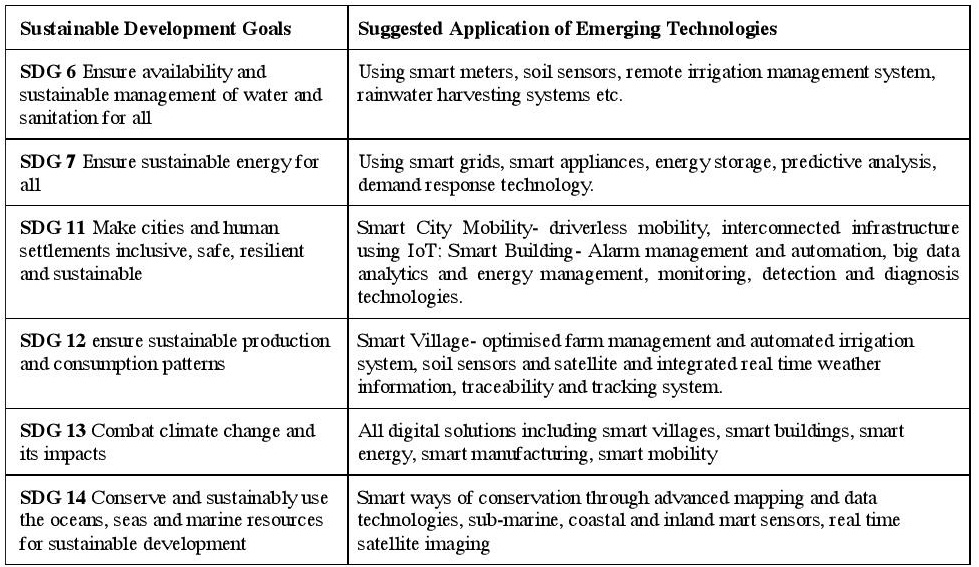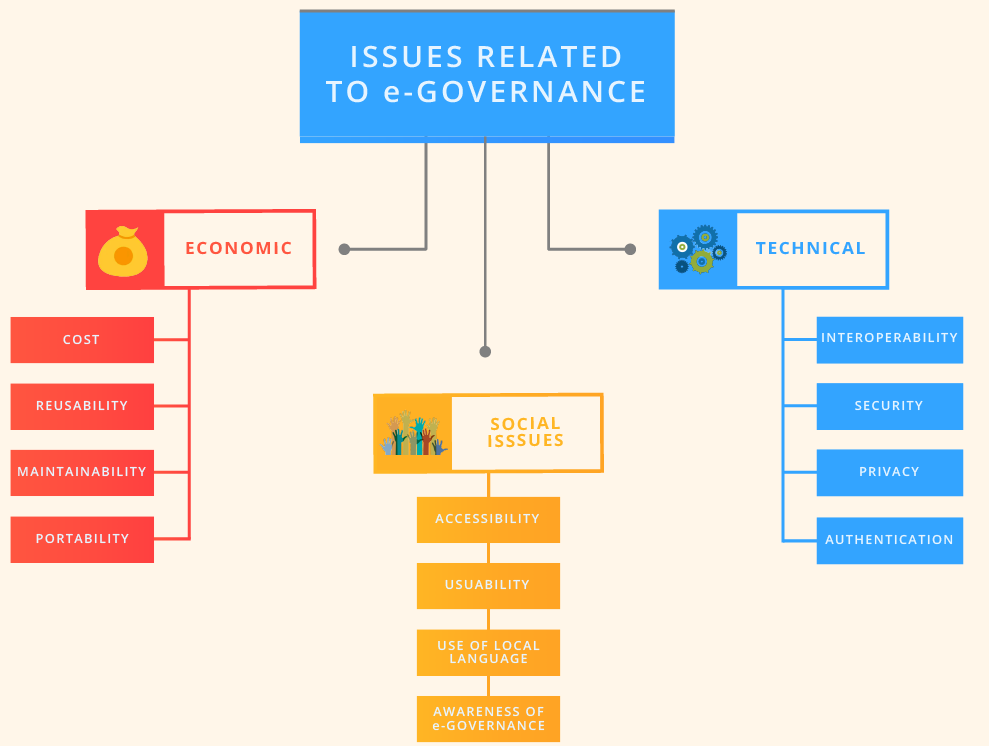Role of Technology in Governance | 25 Apr 2020
This article is based on Moving Home Online published in The Indian Express on 21/04/2020. It talks about the role of technology in governance.
Covid-19 pandemic has restricted the ability of the public and public institution to physically assemble and debate matters of national importance. Almost all of the government machinery and public & private institutions have been brought to halt due to lockdown and social distancing norms.
Working remotely is the new normal and in this scenario, information empowerment becomes fundamental to a successful democracy. The advent of Information and Communication Technology (ICT) has nurtured the swift emergence of a global Information Society that is changing the way people live, learn, work and communicate.
Therefore, to sustain the institution of democracy, the government should redefine its Information and Communication Technology (ICT) policy and make it more innovative with the active participation of development organisations.
In the present scenario, the role of technology becomes more significant in good governance and public service delivery.
Use of Technology in Governance
Striving for E-Legislature
- The role of Parliament and many state legislatures, as an institution of debate, deliberation and law-making have been disrupted due to Covid-19.
- These legislative bodies are an institution of public trust and need to continue its role of scrutiny of government’s actions, especially in times of crisis.
- It is here that technology-centric solutions can ensure work continuity in law-making institutions even when meetings can’t be held physically. For example:
- These online meetings of legislative bodies will help in the furtherance of debate and deliberation on important issues.
- The establishment of e-legislature will help in reducing the frequent use of ordinances.
- Following this, Virtual parliament has been set up in the democracies like the UK, New Zealand, etc.
Strengthening Parliamentary Committees
- It is the stoppage in the work of parliamentary committees which needs immediate attention.
- These committees are smaller sub-groups of MPs which meet outside the House to deliberate on issues of public importance. The committees play a critical role as they are tasked with the in-depth examination of government bills.
- Thus, the use of ICT platforms will enable proper functioning of parliamentary committees.
- Also, the added advantage could be that the committee could get to hear a wide range of stakeholders who might otherwise find it difficult to appear in person before the committees.
Virtual Judiciary
- It is obvious that normalcy in the judicial process will not resume in a short time, even in an early period post lockdown phase.
- Therefore, it is an opportunity of the judiciary to adopt Information and communication technology, so that justice can reach everyone without any delay.
- Also, by adopting initiatives like e-courts judiciary may reduce the backlog of cases.
Promoting Participative Democracy
- There is an unprecedented opportunity for community collective choice, whereby citizens who are affected by a set of governing rules can help to select and frame policy, rank spending priorities, and can, in partnership with their local government representatives,
- Such Mechanism may help in strengthening Social audit. For example, citizens can directly give suggestions to the government on myGOV platform.
Implementing Good Governance
- Information Technology has ensured that a policy decision taken by the government can be quickly executed and implemented at multiple locations, across the length and breadth of the country.
- It also ensures transparency, accountability—while assuring quick and effective responsiveness of government to citizens’ problems and suggestions.
Achieving Sustainable Development Goals
- Government has taken much of the e-governance initiatives for effective public service delivery. Also, when combined with emerging technologies, it can help in achieving sustainable development goals.
Conclusion
This disruption caused by the pandemic has provided an opportunity for the public institutions to leverage technological ability and steps up to fulfil the constitutional duty. This will require the setting up of principles for ensuring participation, security and robust technology.
In order to bring in innovations and new paradigms in the administration of justice, there is a need to focus on 6Cs of IT i.e. Computer density, Communication, Connectivity, Cyber laws, Cost and Commonsense to emerge as an effective and well-governed country in the twenty-first century.
|
Drishti Mains Question Evaluate the socio-political implications of new and emerging technologies on governance. |
This editorial “Protection for Protectors” is published in The Hindu on 24/04/02020. Now watch on our Youtube channel.


